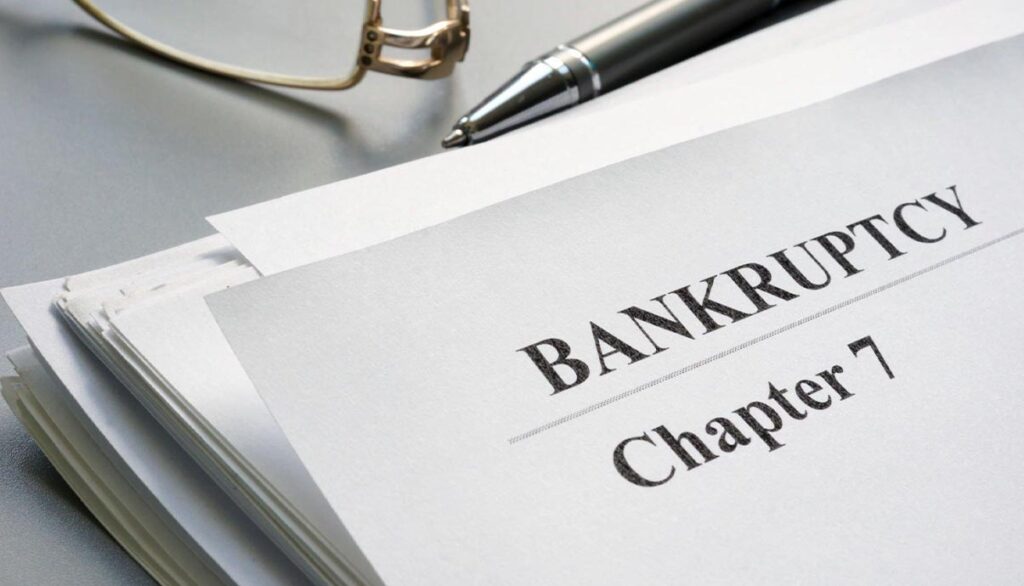Deciding to file for bankruptcy involves numerous complexities and considerations. However, it becomes even more challenging when you contemplate its impact on cosigners. Co-signing is a generous gesture that helps a friend or family member, but it carries risks since you assume legal responsibility for their debt.
It’s crucial to realize that as a cosigner, your credit may suffer if the individual you’ve co-signed for files for bankruptcy. Conversely, if you must file for bankruptcy, your cosigners will also feel the repercussions.
In the following discussion, we’ll explore how bankruptcy affects the obligations of your cosigners and guarantors concerning your debts. We’ll also consider steps you can take with the help of a bankruptcy lawyer in Miami to protect your interests in this complex financial landscape.
When Does a Lender Demand a Cosigner’s Involvement?
- If your credit record offers little insight into your ability to meet financial obligations.
- When your credit profile isn’t pristine, or if you’ve gone through bankruptcy proceedings.
- In cases where you can’t provide collateral as security for the loan.
- When you’re seeking a loan that exceeds your capacity to repay comfortably.
- If the purpose of your loan is business-related, lenders may request a personal guarantee, linking your personal assets to the business debt.
In addition to these scenarios, there are other situations where a guarantor might be deemed necessary. For example, landlords often require first-time renters or individuals with prior credit challenges to secure a lease with a guarantor.
Similarly, when leasing items like vehicles, equipment, or furniture, the presence of a guarantor may be stipulated.
Chapter 7 Bankruptcy
Upon filing for bankruptcy, an “automatic stay” is triggered, legally mandating creditors to halt their collection efforts against the debtor. A “means test” determines eligibility for this bankruptcy chapter.
In Chapter 7 filings, primary debtors receive protection, but cosigners are not covered. Creditors can still go after cosigners who remain legally responsible for the debt.
How To Protect Your Cosigner
- Reaffirming the Debt: Before discharge, consider reaffirming secured debts like car loans, mortgages, or collateral-based credit accounts. This sacrifices discharge protection, assuming personal liability.
- Paying Off the Debt: After discharge, you’re not obligated to repay discharged debts. However, you can voluntarily settle them. cosigners benefit if you continue payments.
Chapter 13 Bankruptcy
Chapter 13 bankruptcy provides enhanced safeguards for your cosigners and guarantors, along with an extended timeline for repaying co-signed or guaranteed debts spanning three to five years.
Similar to Chapter 7, Chapter 13 triggers an automatic stay that shields cosigners and guarantors from creditor actions aimed at collecting consumer debts (not related to business) in what’s referred to as the Chapter 13 codebtor stay. However, creditors can request the court to lift the automatic stay under specific conditions:
- If your cosigner or guarantor directly benefited from the creditor’s claim.
- When you do not intend to repay the debt in full through your Chapter 13 repayment plan.
- When the creditor faces substantial, irreversible financial harm due to the stay’s continuation, typically resulting in monetary losses.
Additionally, the codebtor stay ceases if the court dismisses your case or converts it from Chapter 13 to Chapter 7 bankruptcy.
The Impact of Chapter 7 or 13 Bankruptcy on a Cosigner’s Credit Score
Your Bankruptcy Filing
If you opt for bankruptcy, your debt obligations can potentially be discharged, and this will invariably lead to a decline in your credit score. However, this development has no direct influence on the credit of a cosigner who hasn’t filed for bankruptcy. Non-filing cosigners retain their responsibility for the debt, and their credit remains unaffected as long as they fulfill their obligation.
Cosigner’s Bankruptcy
Conversely, if your cosigner decides to file for bankruptcy, their bankruptcy proceedings will absolve them of the duty to repay the debt and may impact their credit score. In this scenario, you remain accountable for the debt, and your credit standing remains unaffected unless you fail to meet your repayment obligations.
Safeguard Cosigner Interests With a Bankruptcy Lawyer in Miami
At The Bankruptcy Law Offices of James Schwitalla, P.A., our proficient bankruptcy lawyers in Miami are prepared to assist you through every step.
We meticulously evaluate your unique debt situation and determine the most appropriate path to address your bankruptcy needs, ensuring that you and your cosigner receive personalized advice and unwavering support during challenging financial circumstances.
Connect with us today so you can take the first step toward reestablishing a secure financial future.

